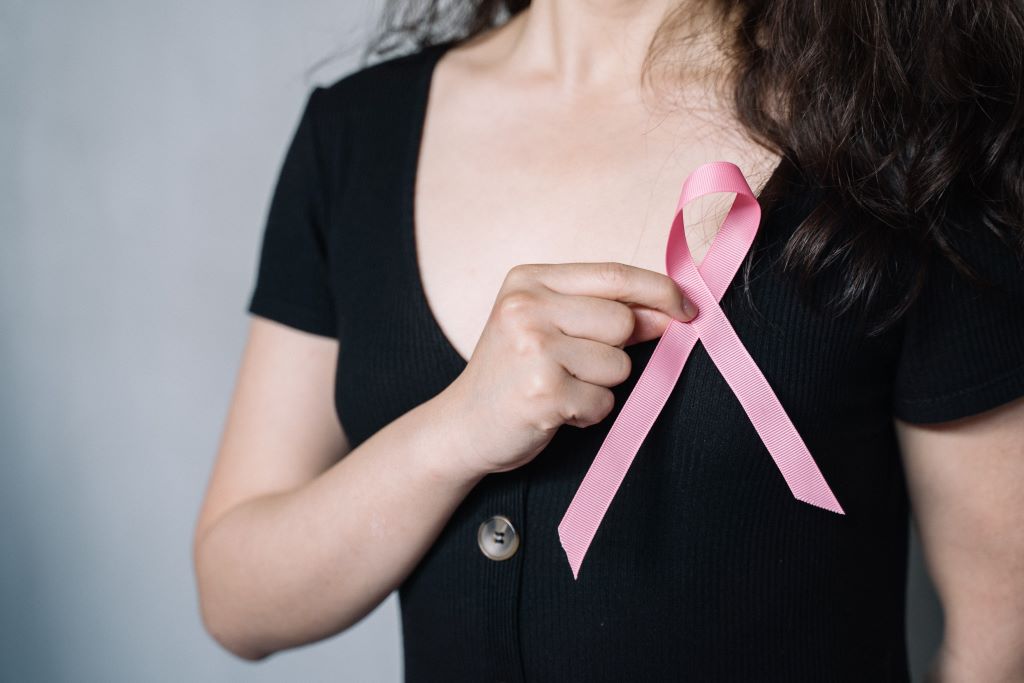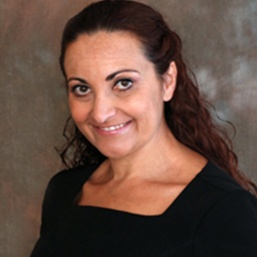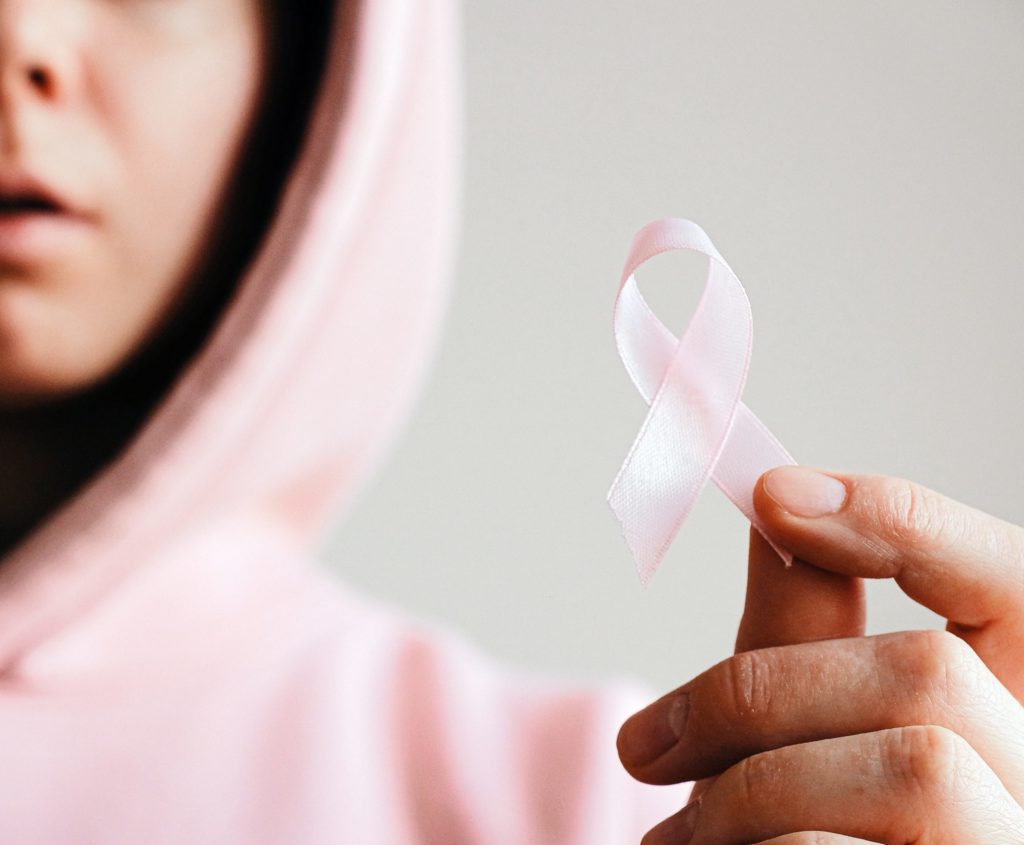
In several countries, including Malta, there was an increase in the number of women asking for genetic testing when Angelina Jolie announced in May 2013 that she had a double mastectomy based on a BRCA positive test. BRCA testing is recommended for individuals with a strong family history of breast or ovarian cancer. According to the Centres for the Disease Control and Prevention in the US there are 3 subgroups which develop increased risk of developing breast cancer.
These include:
- those with relatives who developed breast cancer before age 50
- those who develop breast cancer themselves before age 50
- those who have a male relative with breast cancer
Women of Ashkenazi Jewish descent are also more likely to have BRCA gene mutations.
What does it mean to have a BRCA gene mutation?
BRCA stands for BReast CAncer susceptibility gene. There are two BRCA genes: BRCA 1 and BRCA 2. These two genes help to prevent the formation of cancer. In fact, they are known are tumour suppression genes. When an individual is ‘BRCA positive’ they have a mutation or change in one of the BRCA genes that causes the gene not to work properly. This can make a woman more prone to develop ovarian and breast cancer, and men with this gene mutation can be at increased risk of prostate and breast cancer. Depending on the guidelines used women with a positive BRCA1 or BRCA 2 gene test are advised to start surveillance (usually a yearly mammogram and an MRI). Depending on the estimated risk calculated by the geneticist the individual is asked to consider risk-reducing mastectomy (surgical removal of breasts) and risk-reducing salpingooophorectomy (removal of the ovaries). It is important to note that researchers are still studying the full impact of these genes and therefore not all questions about BRCA testing can be fully answered.
Family relationships and having a positive BRCA test:
The decision to undergo genetic screening is a very personal and complex one. One of the main challenges is coping with the uncertainty that the future holds for you and your family. If you are the first person to be diagnosed with the BRCA gene mutation this may cause difficulties on how to share this information with your family. If you are not the first person in your family that is BRCA positive there are still several difficulties to face. Is the diagnosis going to influence the familial relationship? What if one sibling is BRCA positive and the other is not? What if one member of the family does not wish to know or does not wish to get checked? A parent for example, can be dealing simultaneously with a personal cancer risk and the possibility of passing this risk to a child, especially daughters. This can be an extremely difficult burden to carry and creates substantial anxiety and stress for the individual concerned.
On the other hand, children who have grown in an environment with a parent living with breast or ovarian cancer can live with this fear of “will it happen to me too?” Research suggests that women who experienced a mother’s death from cancer experience huge difficulties in adjusting to this loss. Moreover, BRCA positive women who have experienced a mother’s death from cancer experience significantly higher distress and trauma than those with a family history of breast cancer where their mother is still alive especially if the former lost their mother as a child or adolescent.
Changes in body image and family planning:
If there is a strong family history of breast or ovarian cancer you may be asked to make very difficult decisions about cancer screening and risk-reducing surgery that can alter your life. Surgery will alter physical appearance and can affect body image, sexuality, your sense of femininity and induce menopause. You might also be asked to think about family planning and the possibility of freezing your eggs. These are huge decisions to make especially in our twenties and thirties. These decisions can cause anxiety, fear, anger, frustration, and a sense of isolation. Individuals, couples, and families passing through this experience usually feel very overwhelmed.
In Malta we have a Genetic Unit made up of highly competent professionals including medical doctors and experts that are extremely knowledgeable in their field. Over the last 3 years, the Health Department recruited 5 genetic counsellors who are specialising in genetic counselling. However, this is not enough. A woman eligible for a BRCA test in Malta usually waits between 1 to 2 years to have a BRCA test carried out because the Genetic Unit needs more resources and professionals to provide this service. Moreover, Psychological Services need to step in and provide individuals passing through any form of Genetic Testing not just BRCA testing with counselling before and after these tests are carried out. As the psychological, emotional, physical, relational and sexual ramifications of genetic testing are hefty.
References:
Farrelly, A., White, V., Meiser, B., Jefford, M., Young, M., Ieropoli, S., Winship, I. & Duffy, J. (2013). Unmet support needs and distress among women with a BRCA1/2 mutation. Familial Cancer. 12, 509-518.
Hoskins, L.M., Werner-Lin, A., Greene, M.H. (2014). In their own words: Treating very young BRCA1/2 mutation-positive women with care and caution. PLoS ONE, 9,2: e87696
Hoskins, L.M. & Werner-Lin, A. (2013). A multi-case report of the pathways to and through genetic testing and cancer risk management for BRCA mutation-positive women aged 18-25. Journal of Genetic Counselling, 22, 27-38.
Myklebust, M., Gjengedal, E. & Stomsvik, N. (2016). Experience of Norwegian Female BRCA1 and BRCA2 Mutation-Carrying Participants in Educational Support Groups: A Qualitative Study. Journal of Genetic Counselling, 25, 1198-1206.
Royal Marsden Hospital Genetics Unit: https://www.royalmarsden.nhs.uk/our-consultants-units-and-wards/clinical-units/cancer-genetics-unit
Young, A.L., Butow, P.N., Vetsch, J. Quinn, V.F. Patenaude, A.F. Tucker, K.M. Wakefield, C.E. (2017). Family communication risk perception and cancer knowledge of young adults from BRCA1/2 Families: A systematic review. Journal of Genetic Counselling, 26, 1179-1196.
Werner-Lin, A. (2008). Formal and Informal Support Needs of Young Women with BRCA Mutations. Journal of Psychosocial Oncology, 26:4, 111-133.

Anna Catania (M.Cons. PG(Dip) Psychosexual and relationship therapy is a warranted counsellor specialised in the area if sex and relationships. She provides counselling to individuals and couples who are having difficulties with sexuality, relationships and intimacy.
Click here to check out Anna’s full bio as well as a list of all her Wham published articles





